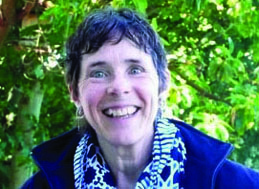TOK 2013 syllabus support
What's changing and what you should know:
- Introduction of a new Global Impression mark in assessment
- Four new Ways of knowing: memory, intuition, imagination and faith
- Two new Areas of knowledge: indigenous knowledge and religious knowledge
- Shift from Knowledge issues to Knowledge questions
- Distinctions between personal and shared knowledge
- Even better integration of TOK into other subject areas
The new Ways of knowing
I must admit that initially I was not sold on the idea of adding new Ways of Knowing; however, the more I have thought, written and read about the new Ways, the more I have seen great advantages in this expansion. For one thing, new Ways like memory make some important features of TOK questioning inescapable; they push the interactive and interdependent nature of the Ways more firmly into discussion. I’m also happy that imagination will be treated more explicitly; my students currently tend to attribute every creative impulse to emotion, and greater focus here will help.
Knowledge questions
The new Guide also shifts from lists of questions to lists of topics – but all topics are to be considered with a questioning attitude. The revised syllabus stresses the way in which questions open up the territory to be explored using the term “knowledge questions.” I like this. It does make sense, to my mind, to emphasize the Big Knowledge Questions at a high level of generality, and then the possible lines of exploration and argument in response.
Eileen Dombrowski is an experienced TOK workshop leader who has taught TOK in international schools for nearly 25 years.
© 2024 Oxford University Press. All rights reserved.


 Show all resources in TOK 2013 syllabus support
Show all resources in TOK 2013 syllabus support